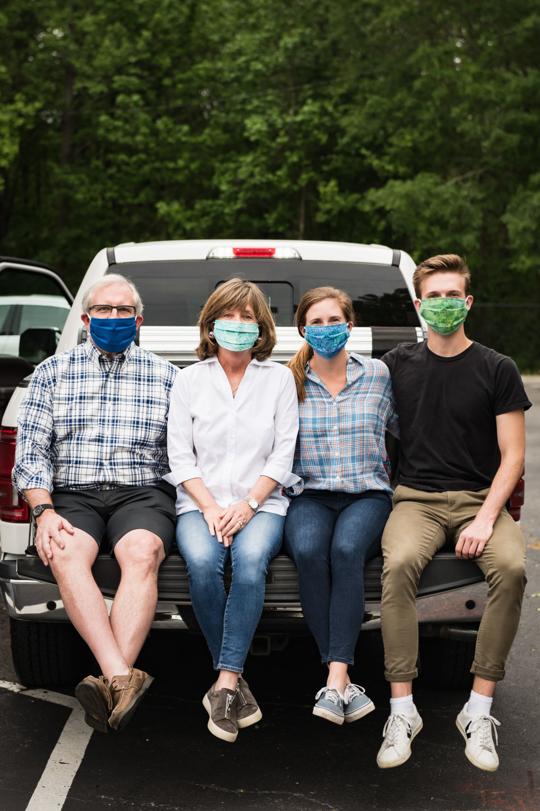
Tar Heels Journey to the Bahamas
Article Published by: unc.edu
Roy Williams addressed three specific topics with his team before they journeyed to the Bahamas for a two-game stint that ends today with the team flight home.
“We talked about three things,” the head coach said. “The quality of our shot against the quality of their shot, don’t turn the ball over so we get shots, and win the rebounding battle.”
Using those three criteria as a guideline, the Tar Heels had a successful trip. Keep in mind that all statistics were a bit speculative rather than solidly official, but in the two games, Carolina held an overall 141-72 edge on the boards. Of course, they also had a sizable height and athleticism advantage.
Carolina shot the ball reasonably well, hitting 56.6 percent from the field in the more competitive first game, and then using the second game as largely a fast break clinic, making 52.8 percent from the field. Neither opponent shot better than 35 percent.
The turnovers were the area that generated the most concern from the head coach. The Tar Heels coughed it up 27 times in the first game, with the usual array of pass-goes-one-way-teammate-goes-the-other miscues you’d expect from a team integrating some new players, and on one occasion both Kenny Williams and Coby White backed off from retrieving an offensive rebound, each thinking the other would pick it up. But there were also some questionable decisions by veterans that wouldn’t work against Atlantic Coast Conference competition.
Freshman thoughts: The games in the Bahamas were the first opportunity to see Coby White, Nassir Little and Leaky Black in a game-type setting against other opponents. All three played a relatively even number of minutes: White saw approximately 32 minutes, Black 29 minutes and Little 27 minutes. The time for the guards was probably bumped up by a few minutes because Seventh Woods played just two minutes in the second game due to a stiff back sustained on his epic dunk on Friday.
Little quietly was very efficient, making eight of his ten field goal attempts—almost all from close range—and also converting all six of his free throws. He also grabbed six rebounds in the more competitive first game, and on multiple occasions during the weekend he showed the strength to score through contact. He was charged with six turnovers in the first game but that was probably too high, and recorded zero turnovers in the second game.
White had maybe the best stretch of anyone in the first game when he entered and promptly energized the offense, scoring or assisting on five straight baskets. His perimeter jumper was smooth in the second game, and Williams is going to have lots of backcourt options to mix and match when practice begins on Sept. 25. “Coby can really score the ball,” Kenny Williams said after the first game. “He makes some shots that I sit back and wonder how or why he made them.”
Black was pressed into extensive point guard minutes in the second game because of Woods’ injury. He played very well, settling an offense that had been a little scattered in the early minutes. “Leaky can legitimately play point guard,” Roy Williams said. “He gives us another guy to play back there. He’s a basketball player with a high basketball IQ.”
About Scott Livengood
Scott Livengood is the owner and CEO of Dewey’s Bakery, Inc., a commercial wholesale bakery with a respected national brand of ultra premium cookies and crackers.
Previously, Scott worked at Krispy Kreme Doughnuts for 27 years, starting as a trainee in 1977. He was appointed President of the company in 1992, then CEO and Chairman of the Board.
Scott has served on numerous boards including the Carter Center, the Calloway School of Business and the Babcock School of Management, Habitat for Humanity of Forsyth County, and the Winston-Salem Chamber of Commerce.
He started a new business, StoryWork International, in 2016 with Richard Stone. The signature achievement to date is LivingStories, a story-based program for improved patient experiences and outcomes in partnership with Novant Health.




